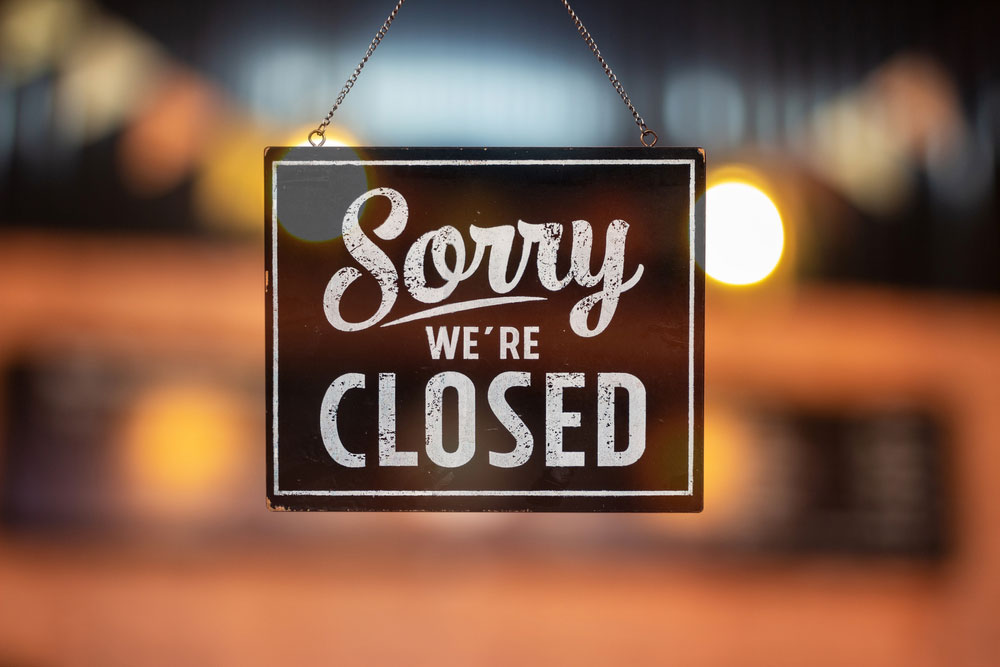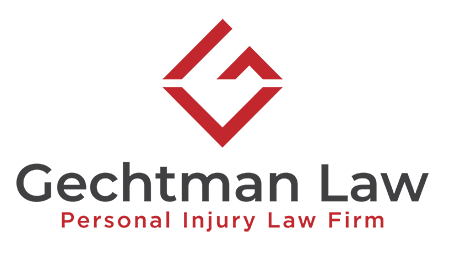Understanding the Basics: What Is a Business Interruption Insurance Claim?
When businesses face unexpected setbacks that disrupt their operations, Business Interruption Insurance provides a lifeline. Oftentimes, business interruption coverage is part of commercial property and is designed to protect your businesses against loss of income that arises from shutdowns and generally goes into effect for situations including:
- A business must stop operations due to extensive physical damage to the property
- The physical damage to the property prevents both employee and customer from being able to access the property
- A government shutdown caused by an emergency prevents both workers and customers from being able to access the property
Understanding Your Claim
Business interruption insurance kicks in when direct physical loss or damage happens to your insurance property and is intended to get a business to return to normal operation after a disaster. This coverage can help with employee payroll, loan payments, mortgage/rent/lease payments, relocation costs, taxes, and other costs owners typically pay for. There is a standard formula for determining the value of this type of claim:
Operating costs + net profits + approved add-ons = total value of claim
Depending on your insurance company, there can be additional options that may require an extra premium but add additional business interruption coverages. Understanding and utilizing these endorsements are just added protection for businesses in case something unforeseen happens. Insurance companies can offer:
Contingent/Dependent Business Interruption Coverage – coverage for business income not received due to physical damage to a direct supplier’s or customer’s property which can include scenarios such as suppliers who are not able to provide materials or services to your business or customer or customers who are no longer able to accept products or services.
Extended Business Interruption Coverage – once the business is operating as normal, income may not have returned to its normal consistency, this coverage can provide loss income benefits for a specific time frame beyond the initial 30 days.
Civil Authority Coverage – this adds coverage if another business’ property is damaged and the damage caused a civil authority (local, state, or federal) to prohibit access to that property which prevents access to yours. This only goes into effect if the other property has a business interruption policy.

Extra Expense Coverage – this covers any extra expenses your business may incur while getting back to normal operations including rent if you must temporarily move your business, providing funds to lease equipment or furniture paying overtime, or covering the cost of hiring new employees.
Service Interruption Coverage – this covers loss of income if a business’s operations are suspended because of direct physical damage to the utility company’s equipment that provides services to the business. This only goes into effect if the utility company has a business interruption policy.
Electronic Vandalism Coverage – this protects a business’ income in case of cyber attacks. If a business website is hacked which causes the business to not be fully operational, this coverage will help cover any loss of income.
Proving Your Claim
Having insurance does not automatically mean your claim will be approved. There are ways for business owners to strengthen their claims and help increase their chances of proper compensation. To receive compensation deserved for this loss, however, policyholders must establish the following:
- Coverage – their policy must include business interruption insurance as part of their coverage, be sure to check for any additional coverages listed above
- Physical loss or damage – must be able to prove physical loss or damage to the insurance property occurred
- Causation – must be able to prove that their loss or damage was due to coverage perils and that the event directly caused the damage
- Mitigation – policyholders must mitigate losses and take reasonable steps to resume operations as normal immediately
- Documentation – it is required to maintain accurate records of business income and expenses before and after loss, this documentation is critical for supporting and strengthening the claim and also calculating the claim amount. Documentation can include:
- Monthly profit and loss statements
- Daily and monthly production reports
- Monthly inventory
- Monthly cost accounting reports
- Invoices and purchase orders
- Provide a notice of loss: Include a signed and worn proof of loss
- State and federal tax returns
- Current annual financial statements
- Supplier contracts
- Preserve any evidence proving that the company’s premises were contaminated or are at high risk of contamination
- Photographs of any physical property damage
- Inventory of damaged property
- Witness statements or written descriptions regarding the events and extent of damage: Include dates and times
- Provide documentation of loss of access to production sources or the market of its goods and products
- Payroll records
- Bank statements
- Loan payments
- Any other information required by the policy’s proof of loss provision
Ensure you follow your policy and submit accurate documentation promptly to help avoid claim denial. Common reasons these claims are denied include insufficient coverage, errors in documentation, not enough documentation, filing delays, lapses in payment for policy premiums, exclusion clauses, and failure to mitigate damages. Common situations that are not covered by business interruption insurance claims include:
- Evacuations that take place without an official government order
- Economic losses not associated with physical damage
- Short-term business shutdowns, less than 72 hours
Trust in Us
Business interruption insurance claims can be complex and time-consuming. It is essential to carefully document all losses and expenses incurred due to the interruption, as well as provide supporting evidence such as financial statements and records. Insurance providers typically require a detailed analysis of the business’s financial performance before and after the interruption to determine the appropriate compensation. At The Law Offices of Bram J. Gechtman, our team of experienced professional attorneys are ready to offer guidance through this process and actively fight to protect our client’s rights.




